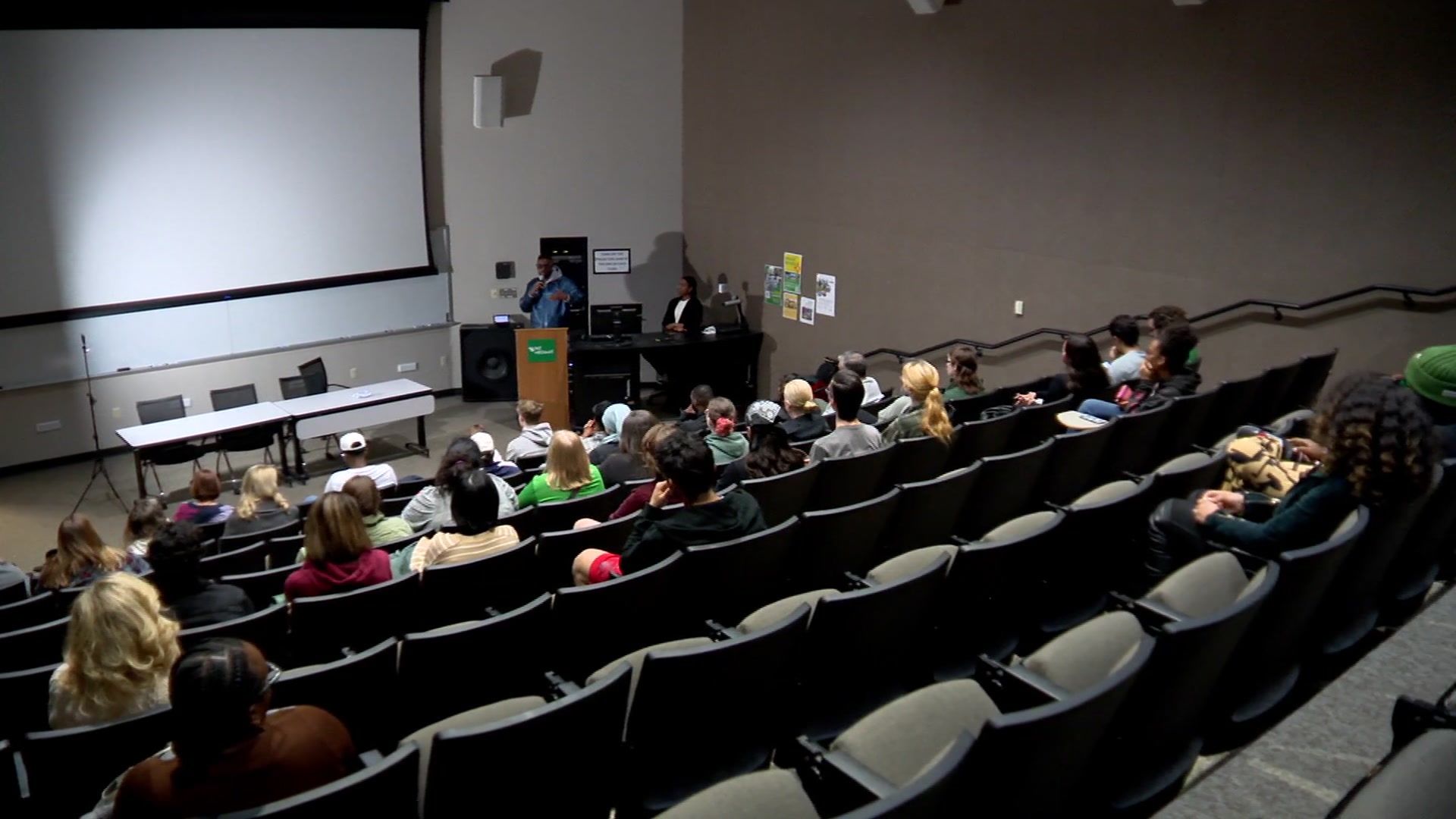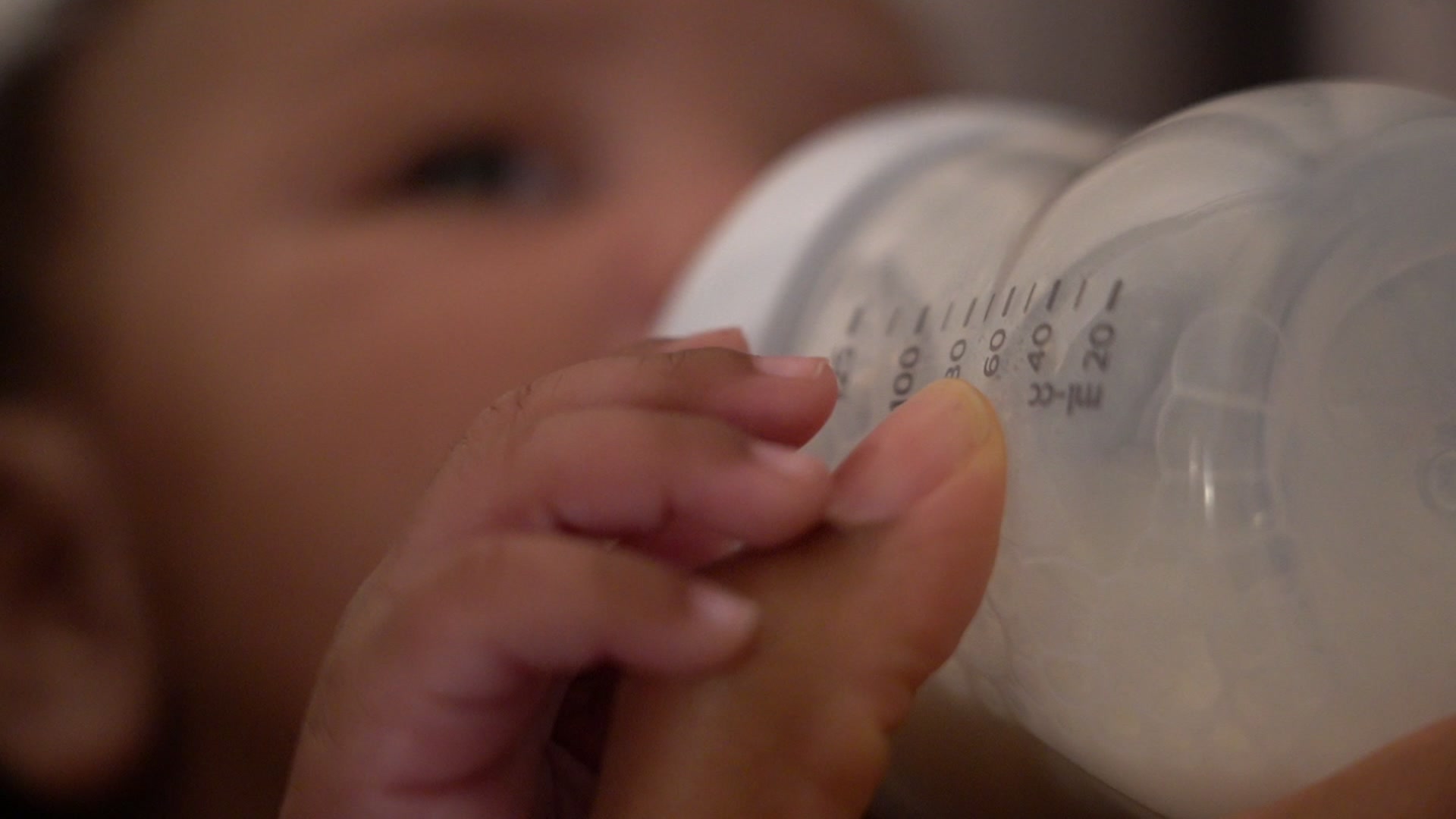Street racers are dangerous, destructive and have claimed innocent lives. The Texas state legislature is the latest group of lawmakers taking aim at illegal street racers and those who watch them.
Lawmakers are working to get bills to Gov. Greg Abbott (R) by the end of the session on Monday.
The legislative efforts have been driven by tragic stories like that of 9-year-old Olivia Mendez. Two years ago, accused street racers crashed into her parents’ car in Pleasant Grove, killing her.
“It’s just hard every single day thinking about her,” said her mother, Marisol Gomez. “And how a person who was racing took that from me. Took my daughter’s life.”
Get top local stories in DFW delivered to you every morning. Sign up for NBC DFW's News Headlines newsletter.
Gomez says HB2315 is a step in the right direction, so too, believes the bill’s author State Rep. John Turner (D-Dallas, District 114).
“It’s just become an escalating problem and it became clear that we needed to respond in this legislative session,” said Turner. “We need to give law enforcement some additional tools. It’s hard to stop these events but we need to try and help [police] in the legislature be best equipped to do so.”
If passed, HB2315 would hit illegal street racers right where it hurts, giving police the power to seize the vehicles which could then be forfeited.
Local
The latest news from around North Texas.
“For instance, if someone is injured, or if drivers were intoxicated or if it’s a second offense for doing this kind of racing,” he said.
Street racing is already illegal in the state of Texas. HB2315 relates to the "forfeiture of contraband relating to the criminal offense of racing on a highway."
Turner said he hopes it is a deterrent given that "people who engage in this activity invest a whole lot of money into their vehicles to turn them into racing vehicles."
“I know people enjoy cars and fast cars and there’s a place to do so,” said Turner. “It doesn’t belong on our public highways and our residential streets. We need to really deter this kind of activity and send a message that this sort of thing can no longer continue.”
But does it go far enough to curb the widespread problem?
“It’s a good start,” said Maj. Richard Foy of the Dallas Police Department. “Determining how good it’s going to be, we’re going to see how it plays out.”
Foy takes a similar guarded approach when asked how well current efforts are going to combat illegal street racing, stunts, and so-called takeovers that have brought traffic to a standstill, destroyed public and private property, and claimed the lives of participants and innocent bystanders.
Dallas police have formed a task force specifically to cut down on such meetups. Officers are often deployed, speed bumps have been added in some spots, as have marked RVs.
911 calls reporting the criminal activity now receive a higher priority ranking.
“We have to change up our tactics every couple of week just to keep up with what’s going on,” added Foy.
The city of Dallas passed an ordinance strengthening street racing laws in 2020, allowing police to seize cars in some cases.
Foy told NBC 5 no cars have been seized yet.
The last meetup that was broken up by police was on Sunday in the northeast sector of the city where some arrests were made and no injuries were reported, according to Foy.
It’s also illegal to be a spectator in Dallas as well as in the city of Fort Worth, where innocent people have also been killed by alleged street racers.
In November, a couple on their way home to their four kids was killed in a crash with a suspected street racer, who also died.
“Some of our problems are engineering when it comes to how the streets are set up,” said Foy. "I think education is the key for the public. For them to realize how dangerous of an activity it is. It’s not just a noise complaint. It’s not just blocking a street. People’s lives are in danger when this happens.”
SB1495 filed in the senate by a Houston lawmaker would enhance the penalty for street racing or blocking an intersection. It passed in the Senate with a vote of 27-4.
If the bills become law, they go into effect in September.



